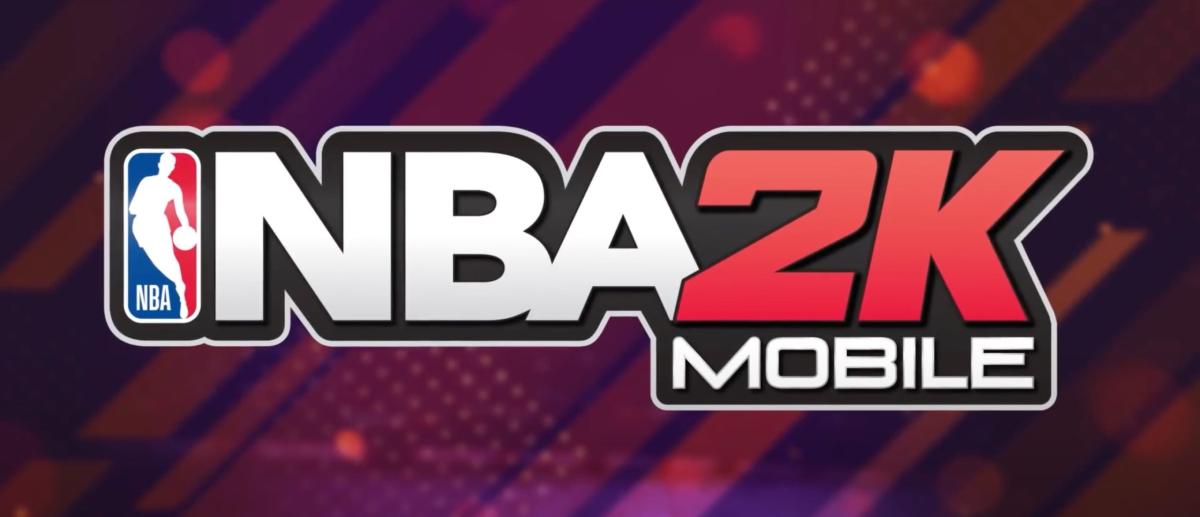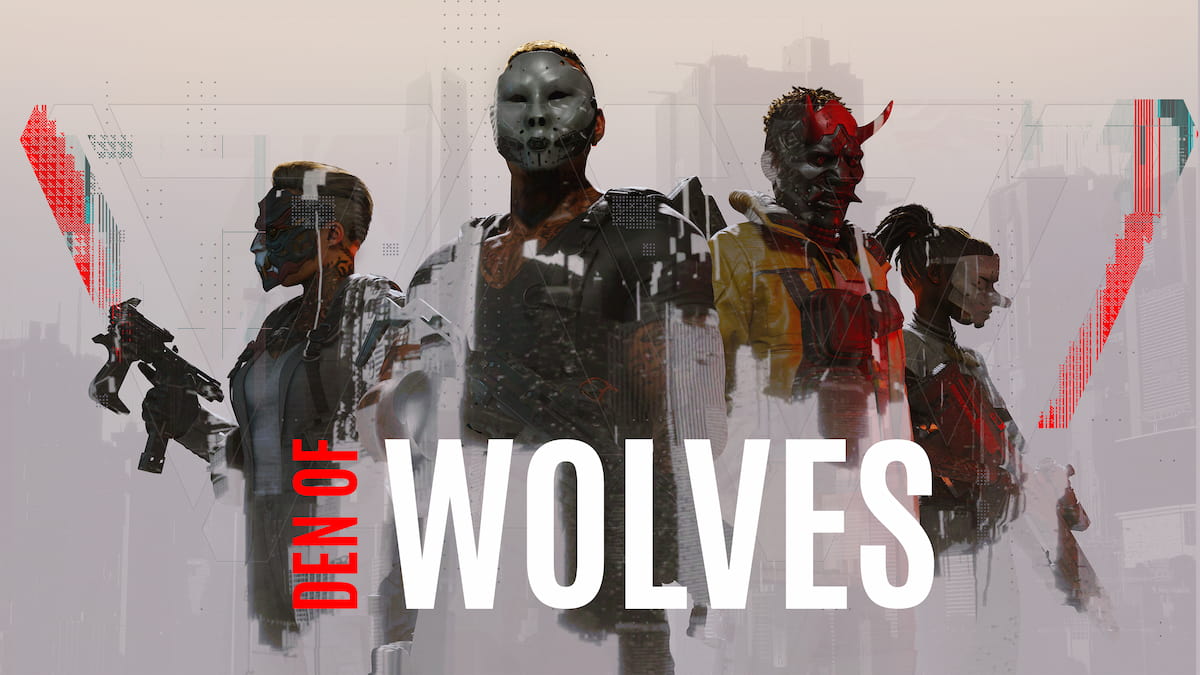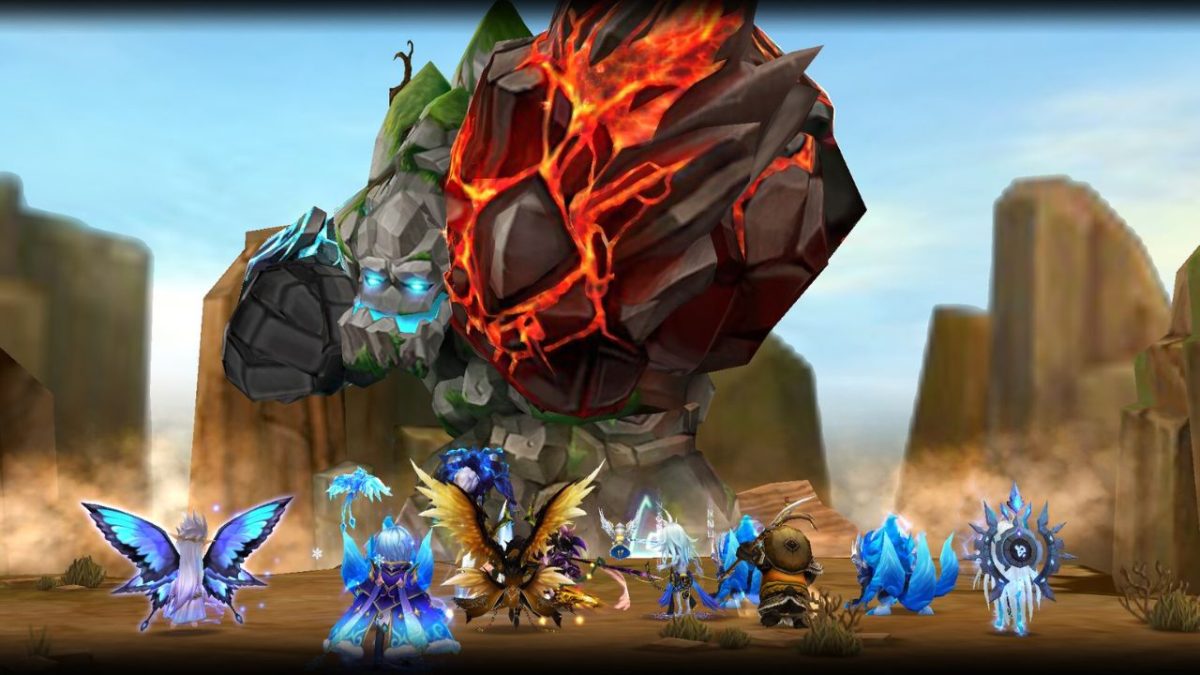Last December, a little-known Swedish company started making waves in the esports industry. Trig started its triumphant march into the industry by scooping up players, one of the world’s best Smite teams, a StarCraft pro, and a FIFA world champion—all on the same day. Then, it made arguably its biggest move, signing the new team of one of esports most recognizable stars, Enrique “xPeke” Cedeño Martínez, who plays in the biggest esport in the world, League of Legends.
As a whole, these signings made a big splash in the esports pool. But if Trig is to be believed, this is only the beginning. But can it be trusted?
Companies that want to get into esports have lots of options. They can choose to sponsor a player or a team, for example, or even an entire tournament. Others choose more subtle routes, creating branded shows or investing in a streaming website. Trig is entering in a more ambitious way. It’s selecting all of the above. The company’s almost unbelievable ambitions are raising plenty of eyebrows within the esports industry, especially since it appears to be traveling along well-traveled paths—ones that have often ended in disaster.
Trig’s core business has nothing to do with esports. Its products are a suite of social media applications. “We are unique,” COO Phillip Cook boasts to investors in an eight-month-old video on Vimeo. “We are not a copy.” But its products appear to be exactly that: Trig.com itself is a generic social media site, what looks to be another in a long line of big-eyed startups trying to take a slice out of the Facebook and Twitter pie. It’s got a news feed and friends list and all the other trappings you’re used to on a social media platform. Then there’s HeyHey, the company’s instant messaging service, which has obvious similarities to WhatsApp or WeChat.
In the same video, Cook brags of Trig’s more than 1 million unique monthly visitors and says it’s ranked in the top 88,000 of websites worldwide; eight months later, Web analytics firm Alexa shows traffic to Trig as little more than a blip, ranking it beneath 201,276 other websites.
When it comes to esports, Trig’s plans appear to be more grand and extravagant than its social media ambitions. The player signings are just a first step of a much larger strategy whose end goal would see Trig become one of the biggest name in esports.
On its website, the company boasts it will host “an esports world tour organized similarly to the Formula one circuit with monthly events in the major capitals across Europe and Asia.” According to multiple forum posts online, the company originally promised to throw three major events in Dubai as proof of concept, a line that’s since been removed from the website. Trig is also supposedly in the process of creating its own esports TV network, which it claims will reach over 450 million viewers via satellite distribution and a Smart TV app.
Perhaps even more ambitious are its content plans, which include a reality show and weekly news broadcast. The reality show in particular, tentatively titled “From Zero to Hero,” appears to be one of the biggest undertakings in esports history—on paper, at any rate.
The TV series “From Zero To Hero” is a global reality show where we will follow unknown players climb from amateur to professional players. An amateur tournament in League Of Legends will be held online in order to single out a chosen few: 20 of the best amateur players will be selected… A dramatic elimination process will eventually create a completely new League of Legends team. The winning team will be sponsored by Trig to compete in one of the world’s largest tournaments with huge prize money.
The show purports to bring in an as-yet unnamed Ultimate Fighting star to train the contestants. And it boasts that contestants will have a chance to “play soccer against some of the top players in the world at Atletico Madrid’s stadium”—why soccer, and why Atletico Madrid? That’s never explained. The show will supposedly provide a global look at the esports scene and “will travel to different places around the world and meet the big profiles, visit training camps and the big tournaments.”
For those who follow esports, these types of almost-unbelievable plans will sound very familiar. Seduced by the industry’s potential, plenty of other companies have made a habit of betting too much, too early.
Take ESGN, another company that made waves in the industry after springing up seemingly from nowhere. In 2013, ESGN launched a dedicated esports studio in Germany, complete with several tournaments for Hearthstone and other esports titles, along with a daily news show. It’s goal was to become the home for esports news and events coverage online, an ESPN for esports. These big ambitions were supplemented by some serious cash, with the startup spending an estimated €1.5 million in just one year.
But the money quickly dried up as investors balked at low audience numbers. Before the end of 2014, ESGN had collapsed into bankruptcy, leaving many employees and esports players with little to show for it.
Trig appears to be falling into the same pitfalls that have haunted many esports ventures in the past: overreach and ignorance. In the case of the latter, Trig boldly advertises its reality show as esports’ “first ever.” The same goes for its proposed dedicated esports arena.
But plenty of those things already exist.
Making matters worse, the reality show seems to be in direct conflict with Riot Games‘ own amateur circuit, the Challenger Series. Trig’s plans to scoop up the top 20 amateurs would tear apart many of the current challenger teams. It would also cause confusion about how the team would actually enter into the Challenger Series, a necessary path on the way to the LCS pro system.
If the company has indeed scrubbed the promise to hold three events in Dubai, that would be a welcome sign of sobriety. Almost 3,000 miles away from its home base in Sweden, Dubai is an unknown for esports, lacking many of the facilities and infrastructure that are relatively common in the European esports scene. Why wouldn’t Trig simply partner with a European esports organizer closer to its headquarters, like ESL or Gfinity? Building and operating an esports stadium in Dubai would be easily a multimillion dollar venture. And where would that money have even come from?
The company operated at a loss of about €1.2 million in the final quarter of 2014, with only €60,000 in sales, according to its own year-end report. (The losses, the report noted, “were in line with expectations.”) Cook, the company’s CEO and an Australian investment banker, also runs the group that owns the vast majority of Trig stock, Social Media Investments Ltd., a company that has almost no online footprint.
We tried to raise many of our questions with a Trig spokesperson. But after canceling two interviews scheduled, the company sent only a single, rambling statement by email, which we’ve reproduced in full below.
Trig Social Media develops, manages and operates an international social media platform under the brand trig.com. The company started to develop a TV show about the world of esports. This led to new recruitments specialized in esports and hence the company’s engagement to esports has gradually developed. Our own teams were a natural extension to this and we really feel like we have recruited great teams and individuals that share our passion and commitment.
Our goals with the teams are to help them be the best in each of their game. We want to facilitate their need and give them the opportunity to fully concentrate on their gaming and surrounding activities. This includes mental coaching and giving them the tools to live a healthy life that we believe today’s competitive world of sports really demands.
In addition, we want to create a wide range of content with our teams for a worldwide audience. We want to portray our players’ everyday life as professional players in order to get them to have a wider reach. Essentially making them into sports stars compared to any other major sport.
We did a lot of research and consulted people to find great players and organizations to work with. We feel blessed to have found such amazing talent.
When scouting for players and teams we worked hard to find individuals with the personalities and the skills to be able to fulfill our vision that we talked about in the previous question.
TrigTV will be one of the platforms that we will use to distribute our content but we also have other platforms that will help bring our content to the community. Platforms such as twitch, YouTube, etc.
These shows are in development and we will gradually start producing them. Due to other commitments, the time schedule for the productions has been pushed. But stay tuned for more on this in the near future.
Our goal with these shows is to show the everyday life as a professional eSports star. Also to give the novice viewers a view into an interesting world and help them understand the great skills and mindset the top players possess. We have already started to produce some of the content and our goal is to start distribute these shows later this year.
Plenty of companies and investors are trying to shove their way into the esports industry. Sometimes they bail on their responsibilities, harming players and professionals alike. But other times, investors get it right and stick around. Take Intel’s nine-year sponsorship with ESL for the Intel Extreme Masters series, one of the largest leagues in the world, for example.
Often, the difference comes from the approach—whether a company comes in with enough respect and research. Signing experienced pro gamers like Cedeño Martínez and Leander as a first step is at least one encouraging move for Trig.
But of course, it isn’t stopping there. Trig’s first-year plans go far beyond this. Its goals are some of the most ambitious the scene has ever seen. And the questions won’t stop until Trig either delivers, backpedals further, or abandons the scene altogether.
Jared Wynne contributed to this report












Published: Mar 3, 2015 02:34 pm